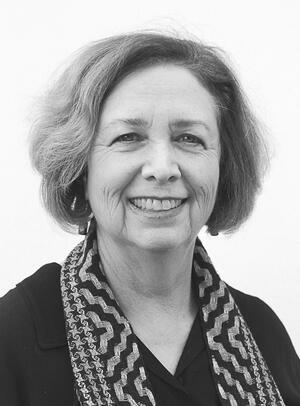I Write to Pay Attention
Flannery O’Connor once said, “How do I know what I mean until I see what I’ve said?”
I write to find out what I’m going to say. I write to pay attention. I do a lot of free writes in longhand, taking a phrase or a sentence from a poem or from a book of fiction or nonfiction and writing off of it. This is wonderfully rich generative writing, and from there I type a first draft. My poems typically go through anywhere from 3 or 4 to 50 revisions! And some poems are made by combining a number of lines from any number of other poems. I use words as raw materials the way a painter uses paint, moving phrases from poem to poem. The poet Marie Howe, with whom I studied at the Fine Arts Work Center, taught me that a poem is a portal, not about making a point, and I try to enter a poem in that spirit. I often bring an early draft of a poem to my workshop for feedback, which is always very helpful and can range from relatively straightforward tightening to radical revision, such as taking out the initial inspiration for the poem and leaving the best language as a base from which to re-vision the poem. For example, I recently wrote a poem in response to a fourteenth-century Chinese watercolor called “Evening in the Spring Hills,” and after the workshop I threw out the painting itself, leaving only an evening in the spring hills.
Poetry is a very spiritual practice to me. It's my way of coping with both the majesty of life and the fact that we are all mortal. It’s a way for me to pay attention and to live in the moment, opening myself to my responses to the visual world, global issues, and intimate personal experiences. There’s a quote by Elie Wiesel that goes something like, “We walk around with our hands inside two pockets. Inside each pocket is a note. One note says, ‘I am nothing but dust,’ and the other, ‘The world was made with me in mind.’” Poetry is a way of trying to honor that conundrum.
This poem I am sharing here is included in my poetry collection Western Motel, which was published in 2013 by Turning Point. It first appeared in the journal Nimrod and is also included in the anthology Blood to Remember: American Poets on the Holocaust.
In the Kitchen
I am cutting a cucumber
and listening to a string quartet
on the radio written by the prisoners
of Theresienstadt. I peel
long green strokes in the name
of your grandfather, murdered
there, his life worth less than a sack
of wheat. I peel in the name
of your grandmother, lost
during the deportation.
The skins slap into the sink.
I slice the flesh in the name
of your mother and that SS
officer who saved her
at the embassy gate:
Fraulein, don’t go home now,
you wouldn’t like the weather.
Oh, you, my love, what a wide river
of blood has washed you here—
I was raised in a Reform Jewish household, and organized religion was not important to me growing up. My Jewish identity is primarily cultural, based on the concept of Tikkun Olam, and was strengthened when I met my second husband-to-be and learned of his mother's and grandparents' experience during World War II. They were assimilated German Jews; his grandparents were killed at Theresienstadt, and his mother, as a result of the brief encounter described in the poem I shared here, left Italy, where she had been in medical school and went to London. Since visiting Israel for the first time in March 2013 with our congregation, Temple Israel, of Boston, MA, I've come to appreciate that everyone there has a dramatic story.







